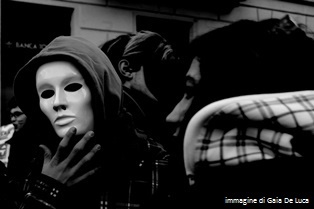Hacia una nueva poética del policial cubano: la trilogía de Leo Martín, de Lorenzo Lunar Cardedo
DOI:
https://doi.org/10.13130/2035-7680/7189Parole chiave:
Cuba, policial, neopolicialAbstract
The popularity inside and outside Cuba of Leonardo Padura’s Mario Conde series has certainly had a positive impact, as it has served to catch the attention of many readers who until recently perceived the police procedural as a minor genre. Similarly, Padura's novels have led to a series of studies, many of them written by academics usually reluctant to pay attention to crime fiction. At the same time, however, the impact of Padura’s novels, and the tendency to focus exclusively on them, has meant that few detailed analyses have been published on both the Cuban neopolicial as a phenomenon, and the work of certain writers in particular.
Against this trend, this essay focuses on the Leo Martin trilogy, by Cuban writer Lorenzo Lunar (Que en vez de infierno encuentres gloria, 2003; La vida es un tango, 2005; Usted es la culpable, 2006), with the aim to show how the author develops his own crime fiction framework, born not as a mere annex to Padura's novels, but rather as a way of dismantling the ideological and formal parameters of the Cuban revolutionary detective fiction.




